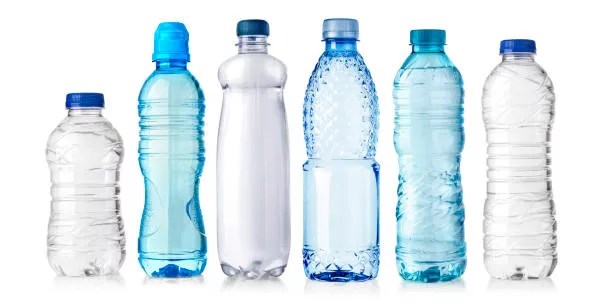We can never ignore how convenient it is to easily pick a bottle of water from any corner store. Bottled water is easily portable and readily available making it convenient for on-the-go hydration. Some bottled waters undergo rigorous purification processes, ensuring they meet safety standards and are free from contaminants. In most cases, this has been a solution to water scarcity and poor water quality from water service providers, as most fail to meet the safety requirements. For instance, in South Africa, 51% of the water service provider failed to meet the microbial requirements and 71% failed to comply with the chemical requirements of the SANS 241:2015 standards. This clearly creates an opportunity for the bottled water industry to provide safer and cleaner water for people. Not only does bottled water offer safer water but in most cases it tastes better.

Even though bottled water is such a great solution, we need to consider its true cost. The environmental impact has been very detrimental; the production, transportation, and disposal of plastic bottles, this has contributed to plastic pollution and environmental damage. Also, bottled water is often more expensive than tap water, making it a costly choice for daily hydration. For instance, 1L of tap water costs on average costs 4 cents compared to bottled water which costs around R15. Over time, this is very costly and not sustainable for everyone.
Not all bottled waters are created equal, and the quality can vary significantly between brands, leading to inconsistencies in taste and safety. Some bottled waters may not be subject to the same strict regulations as tap water, potentially leading to lower water quality in some cases. It is important to buy from providers that comply with water safety standards. There is still a lack of regulation for the bottled water industry. Very few bottled water providers are voluntary members of regulatory boards such as the South African National Bottled Water Association (SANBWA).

Like most modern chemistry inventions, there are health concerns with long-term exposure to certain types of plastic bottles made from polyethylene terephthalate (PET) and polycarbonate. Sure, when it comes to health concerns related to bottled water, the primary issue is the potential for chemicals to leach from the plastic bottles into the water. During the production, storage, and transportation processes, certain chemicals can migrate into the water, especially when bottles are exposed to heat or sunlight. Due to chemicals leaching into the water, this may lead to serious health risks. One of the main chemicals of concern is bisphenol A (BPA), commonly found in polycarbonate plastic bottles. BPA is an endocrine disruptor, meaning it can interfere with hormone function in the body, potentially leading to various health issues. Some studies have linked BPA exposure to developmental problems in children, reproductive disorders, and an increased risk of certain cancers.

While many plastic bottle manufacturers have shifted away from using BPA due to public concerns, alternative chemicals like bisphenol S (BPS) and bisphenol F (BPF) have been used as replacements. However, research has shown that these alternatives may also have similar health risks, as they share structural similarities with BPA.

Moreover, microplastics, tiny plastic particles that can be released from bottles during production or consumption, have been found in bottled water. The long-term health implications of ingesting microplastics are still not fully understood, but studies have suggested potential negative impacts on human health.
One can still use bottled and minimize the health risks associated with bottled water by 1) opting for bottles labeled as BPA-free or made from alternative materials like stainless steel or glass. 2) Store bottled water in a cool, dark place away from direct sunlight or heat sources. 3) Avoid reusing single-use plastic bottles as they can degrade and leach more chemicals over time. 4) Whenever possible, choose tap water or invest in a water filtration system to reduce reliance on bottled water.
It’s essential to consider both the advantages and disadvantages when choosing between bottled and tap water for your hydration needs. Overall, while bottled water can be a convenient option for occasional use, it’s essential to be aware of potential health concerns and consider alternative options for regular hydration.


0 Comments